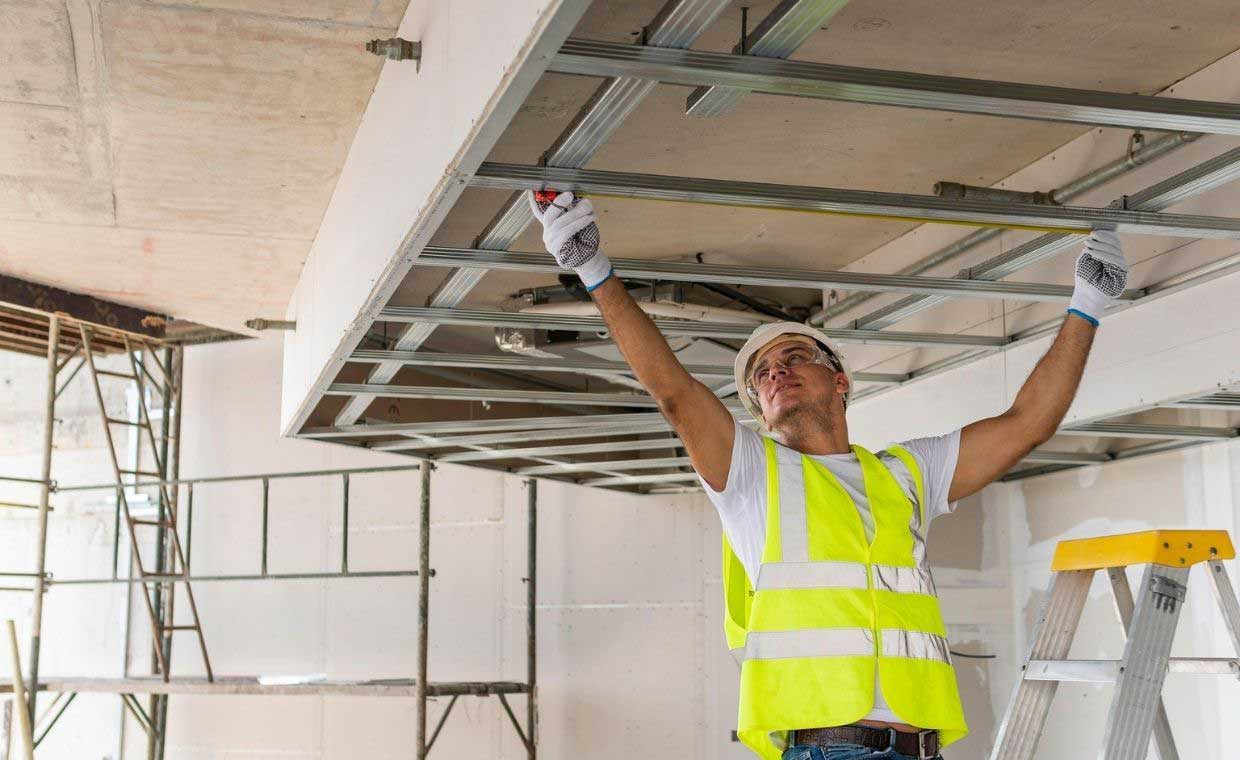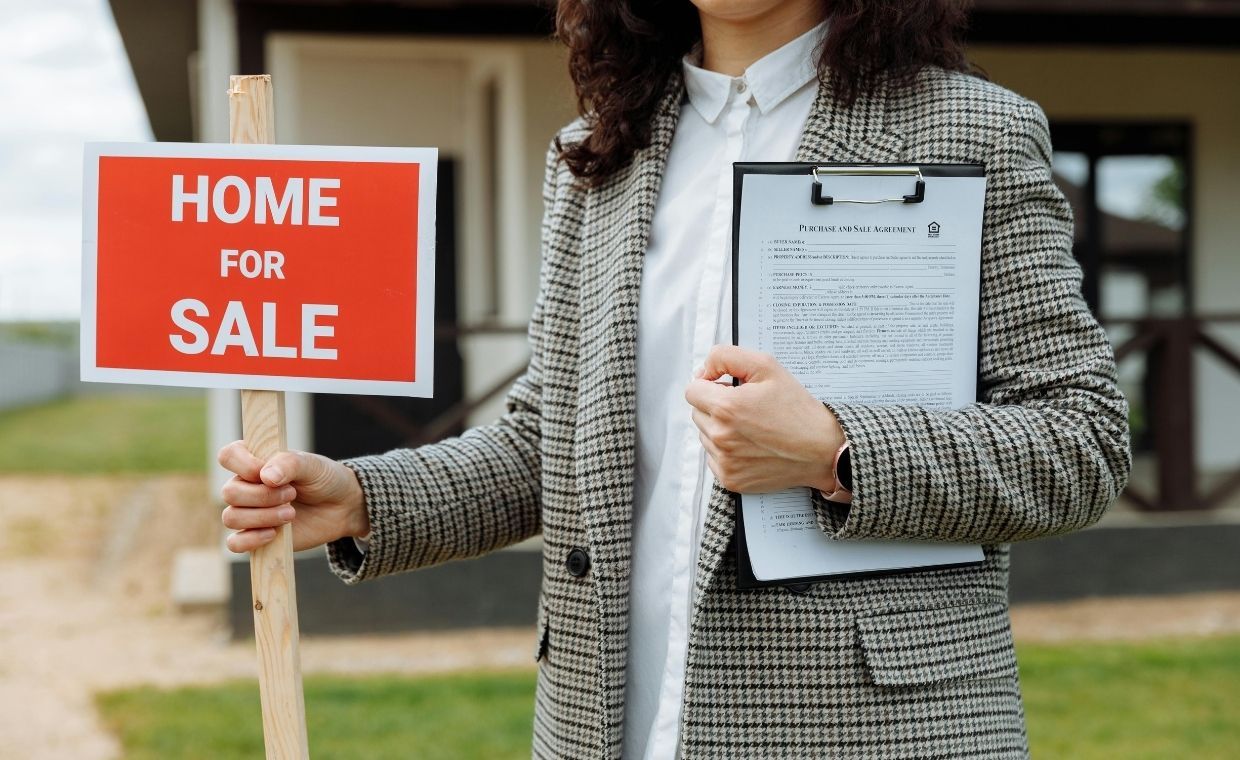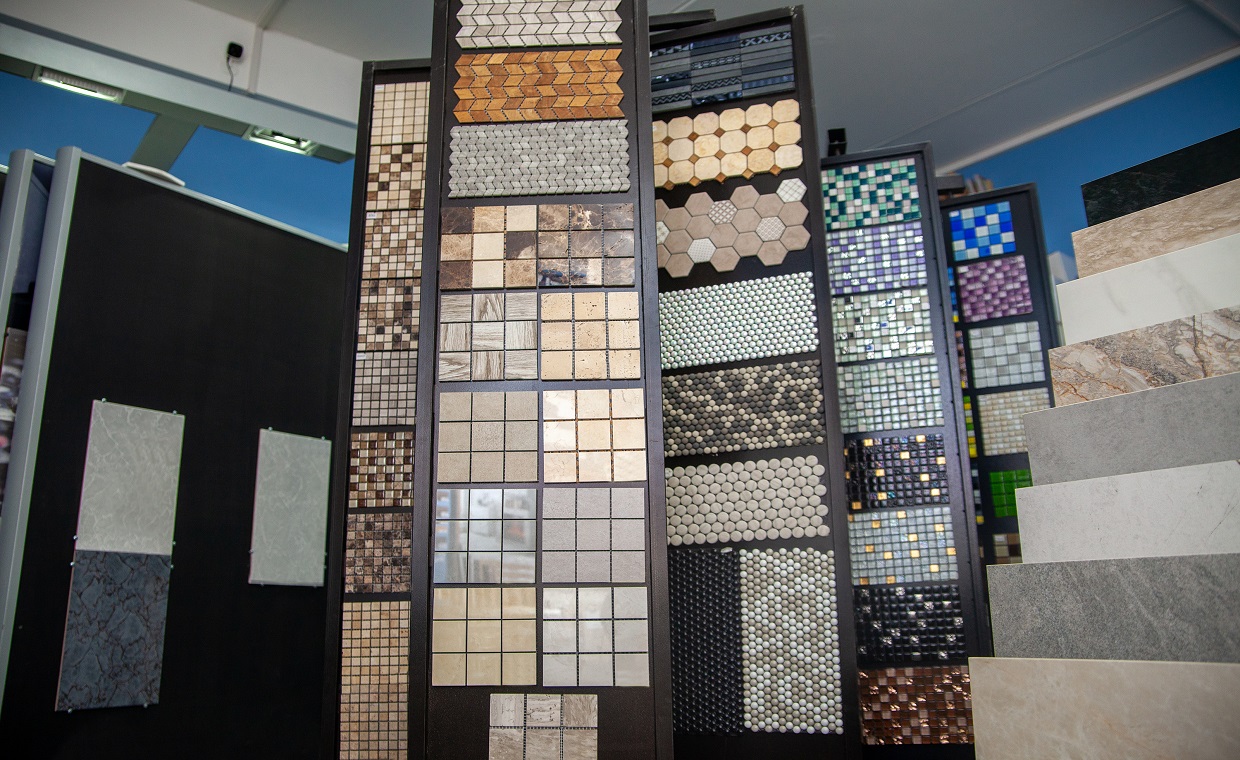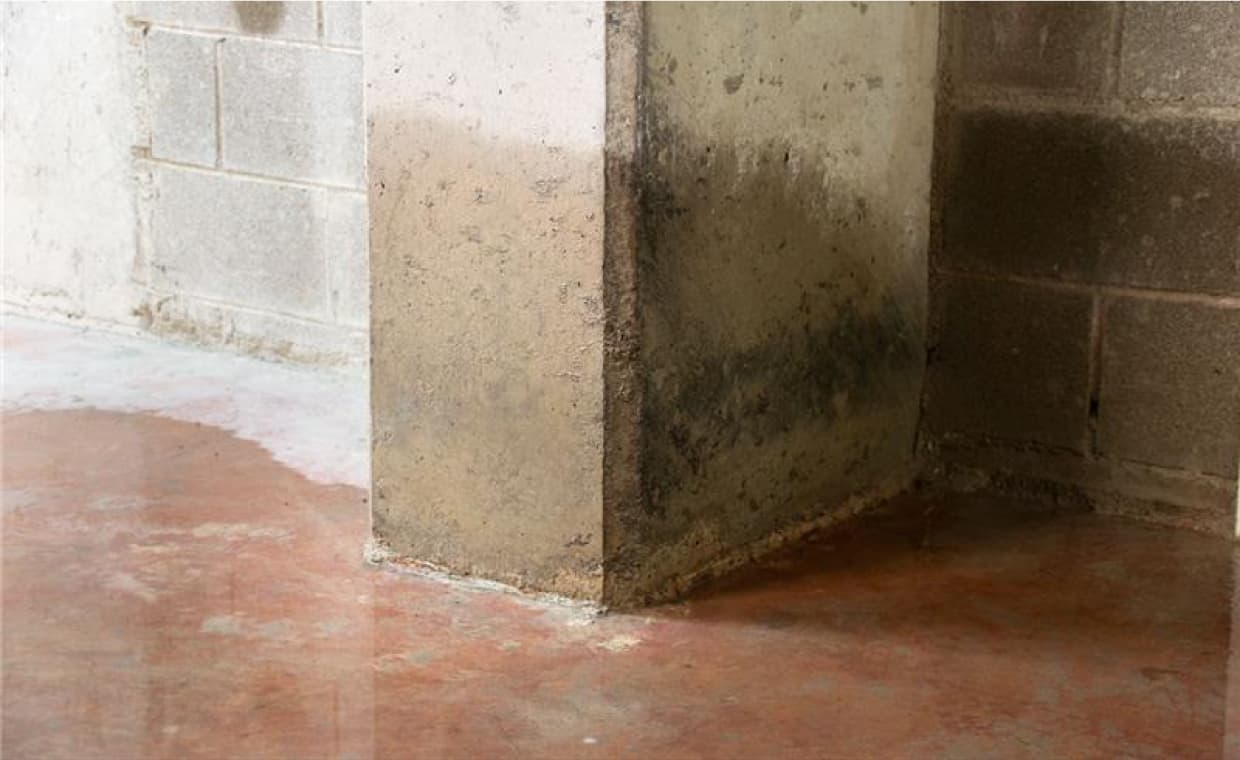
Table of Contents
Quick Review
- A slab leak is a silent factor that significantly weakens your foundation. If ignored, it can compromise structural integrity and lead to high repair costs.
- A slab leak occurs when pipes under the foundation crack, corrode, or burst.
- This can also result from poor construction, pipe abrasion, or shifting soil.
- Common signs of a slab leak include damp floor spots, mold near baseboards, cracks in walls/floors, unexpected spikes in water bills, and low water pressure.
- Professionals detect slab leaks using acoustic listening devices, thermal imaging cameras, and electronic leak detection, which are far more accurate than relying on visible signs alone.
- Delaying the repair of a slab leak can cause severe structural damage, black mold, costly plumbing reroutes, and even denied insurance claims.
- To prevent such issues, schedule annual plumbing inspections and monitor your water bills closely.
Beneath your home, a silent leak could be weakening your foundation as we speak. This is a truth many homeowners face once they realize that there is a slab leak in their home’s foundation.
Without timely slab leak repair in South Orange, NJ, these destructive and sneaky leaks can ruin your home. Here’s an explanation of what slab leaks are and how you can spot one early.
What Is a Slab Leak and Why Does It Matter?
A slab leak happens when water pipes beneath your home’s slab foundation start to leak. These pipes can crack, burst, or corrode over time. When they do, they release water into the soil and foundation. Because they’re hidden, slab leaks often go unnoticed until the damage becomes extensive.
A slab leak doesn’t make itself known in the same way regular leaks do. Water can silently erode the ground under your foundation, causing mold, mildew, and even major structural failure. If you catch it early, you avoid higher repair bills and preserve your home’s long-term value.
What Causes Slab Leaks?
The most common culprit is aging copper or galvanized steel pipes, especially in homes built before 1980. Despite this, newer homes aren’t immune. High water pressure, poor installation, and soil shifts can lead to cracks or corrosion.
Typical triggers include:
- Pipe corrosion: Happens faster with hard water or acidic soil.
- Abrasion: Pipes rubbing against concrete or gravel.
- High water pressure: Weakens joints and pipe walls over time.
- Poor construction: Misaligned or low-grade materials used during construction.
What Are the Indications of a Slab Leak?
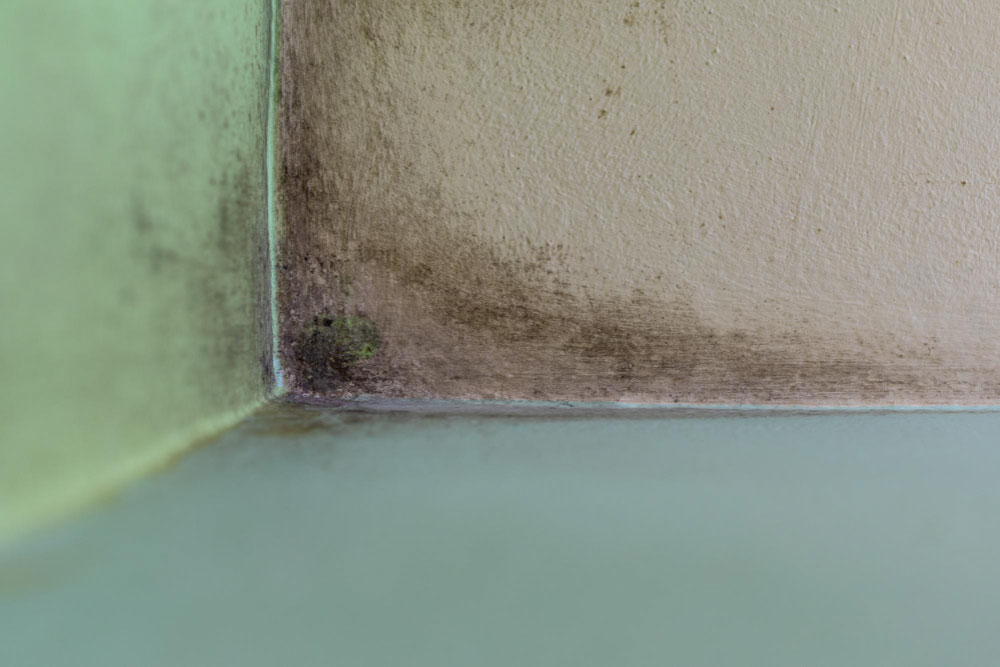
If you know where to look, it’s easy to look for clues that point to slab leaks. These symptoms may seem minor, but they often signal a deeper problem beneath the surface.
Red flags to look for:
- Unexplained spikes in your water bill
- Warm or damp spots on the floor
- Visible mold or mildew growth near baseboards
- Cracks in walls or flooring with no other explanation
- Low water pressure in fixtures
“We had a case where the only sign was a small hairline crack in the garage floor,” says a technician from slab leak services. “It turned out to be a major hot water line leak underneath.”
How Professionals Detect Slab Leaks Without Tearing Up Your Home
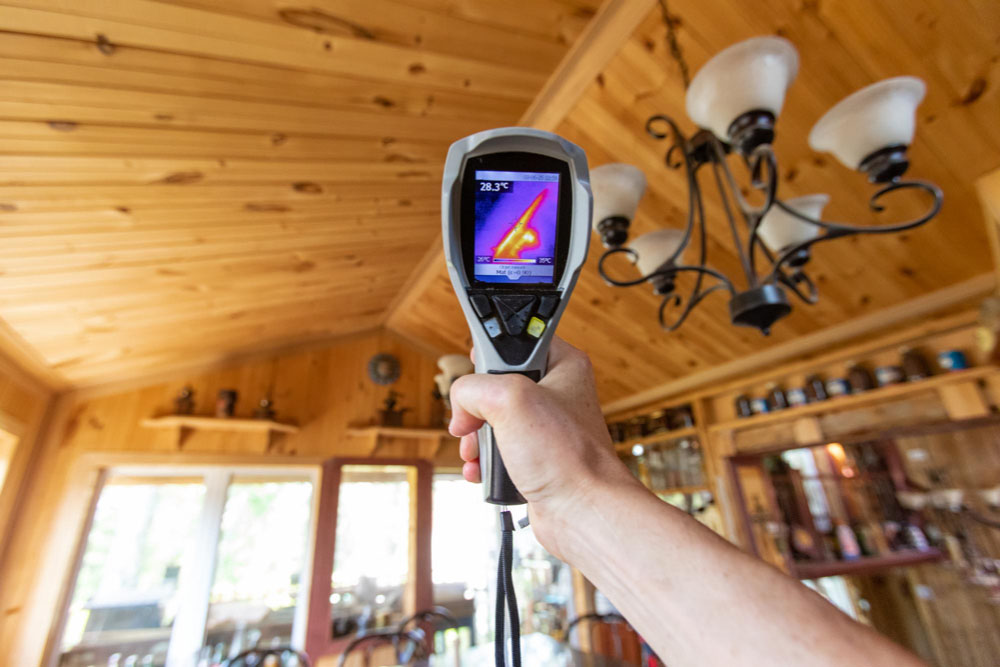
Experts can, fortunately, use methods to find and fix slab leaks without resorting to jackhammering floors. Non-invasive technology is available, and it can also be utilized for locating leaks with pinpoint accuracy. This keeps costs lower and minimizes disruption to your home.
Tools used by pros include:
- Acoustic listening devices: Amplify the sound of escaping water underground.
- Thermal imaging cameras: Detect temperature changes from hot water leaks.
- Electronic leak detection: Uses pressure sensors to locate pressure drops in pipe systems.
As a homeowner, there’s no need for you to interpret this data. Have licensed plumbers do it for you instead.
The Real Cost of Waiting: How Slab Leaks Wreck Homes
Delaying repairs is costly. What starts as a damp carpet can snowball into a cracked foundation, black mold infestation, and plumbing reroutes.
A family in South Orange ignored a musty smell in their living room for three months. The result? $18,000 in repairs, a complete floor replacement, and mold in the HVAC system.
Older Homes and Slab Leaks: A Risk You Shouldn’t Overlook
Homes over 40 years old are especially vulnerable. Pipe materials degrade over time, and soil around the foundation can shift due to landscaping, tree roots, or drought cycles.
Do you own an older home? To keep your foundation in good shape, schedule an annual plumbing inspection. A pressure regulator is highly useful in protecting older pipes from excess pressure, which is why it’s worth looking into.
Lastly, be sure to monitor your water bills and pay attention to unexplained increases that may point to leaks.
Insurance and Slab Leaks: What You Need to Know
Your homeowner policy may not cover slab leaks. You need to review the policy itself and make inquiries to your insurance provider to be sure. Once you need a payout, you’ll need documentation, professional assessments, and fast action to improve your chances of reimbursement.
Tips for navigating insurance claims:
- Call your plumber before your insurer.
- Document damage with timestamps and photos.
- Keep all invoices and repair estimates.
“Insurance companies want proof that you acted in good faith to fix the slab leak,” says a claim specialist. “Waiting too long or DIY fixes can void your claim.”
A slab leak is a threat to your home’s structural integrity. The sooner you act, the more you save. Get it checked. Get it fixed by slab leak detection experts. And protect the home you’ve worked so hard to build.
Also Read: Causes of Leakage in Buildings
FAQs on Slab Leak Detection and Prevention
1. Is slab leak a serious issue?
Yes, a slab leak is a serious issue. It might appear as just a wet spot on the surface, however, it could be damaging your foundation.
2. How do I know if I have a slab leak?
Watch for signs like rising water bills, damp or warm floors, mold growth, unexplained cracks, and reduced water pressure.
3. Can slab leaks be detected without breaking floors?
Yes, professionals use non-invasive tools such as thermal imaging cameras and electronic leak detection to locate leaks precisely.
4. Are slab leaks covered by insurance?
Not always. It depends on your policy. Some policies have it covered and to get claim have proper documentation.
5. Do older homes have a higher risk of slab leaks?
Yes, older home over 40 years old have pipe corrosion and soil movement issues, making thme more prone to slab leaks.























